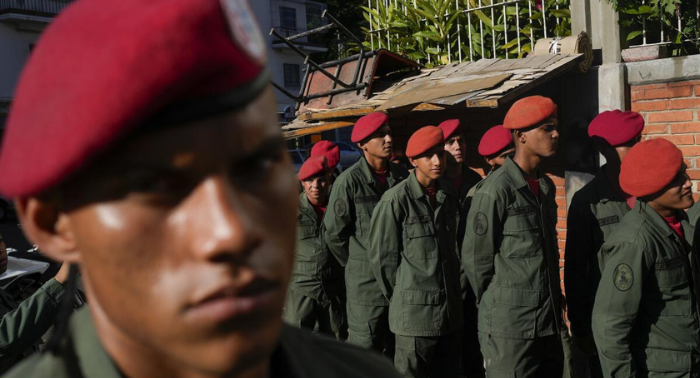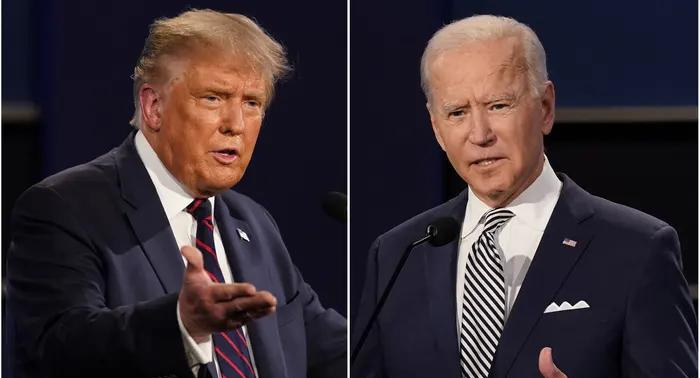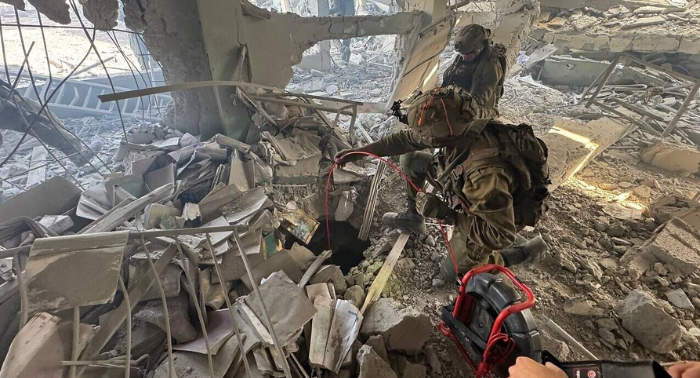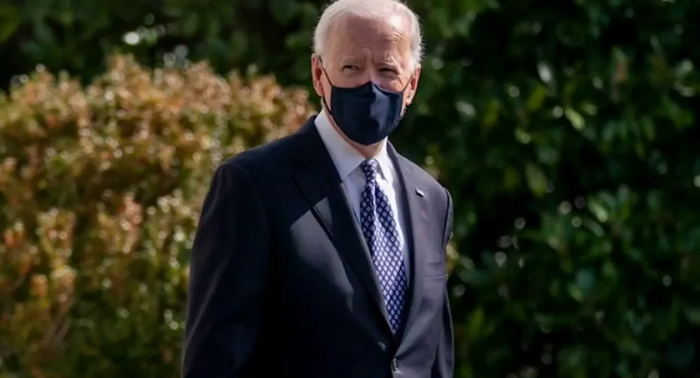On Sunday, the Venezuelan electorate participated in a government-initiated referendum concerning sovereignty claims over a resource-rich region adjacent to Guyana. According to the country’s electoral authority, the referendum aimed at asserting control over the oil- and mineral-rich Essequibo territory.
Despite low voter turnout observed during the voting period, the National Electoral Council reported over 10.5 million votes cast. However, the council did not clarify if this figure represented individual voters or the total of all answers to the referendum’s five questions.
Venezuela has historically claimed the Essequibo territory, arguing that it was wrongly delineated over a century ago. Conversely, Guyana views this referendum as a move towards annexation, causing apprehension among its citizens.
The referendum asked Venezuelan voters to voice their opinion on several issues, including the establishment of a Venezuelan state in Essequibo, granting citizenship to its residents, and rejecting the jurisdiction of the United Nations’ International Court of Justice in resolving the dispute.
President Nicolás Maduro, addressing supporters in Caracas after the results were announced, lauded the referendum as a success and emphasized the substantial participation of the Venezuelan people.
Despite the absence of the usual long queues at voting centers in Caracas, Elvis Amoroso, the head of the electoral authority, extended the voting time by two hours due to what he termed “massive participation.” If Amoroso’s participation figure refers to individual voters, it would imply a higher turnout than in the 2012 presidential election won by Maduro’s mentor, Hugo Chávez.
In contrast, the turnout in Caracas was much lower compared to the opposition’s presidential primary in October, which was conducted without the support of the National Electoral Council.
The referendum’s participation and results were celebrated by Maduro, who noted the efficiency of electronic voting.
The International Court of Justice recently directed Venezuela to refrain from actions that would change Guyana’s control over Essequibo, though the court did not explicitly prohibit the Venezuelan referendum. Guyana had requested the court to intervene in parts of the vote.
The practical and legal consequences of the referendum are still uncertain. Joan E. Donoghue, president of the international court, indicated that Venezuela might be attempting to gain control over the disputed territory, citing Venezuelan military announcements about constructing an airstrip in Essequibo.
Essequibo, a vast territory larger than Greece, is rich in minerals and provides access to lucrative offshore oil reserves. Venezuela’s interest in the region has intensified, especially after ExxonMobil’s discovery of oil in 2015.
The Venezuelan government heavily promoted the referendum, urging citizens to participate as an act of patriotism and support for Maduro.
Venezuela’s claim to Essequibo dates back to the Spanish colonial era. The country disputes the 1899 boundary drawn by arbitrators from Britain, Russia, and the United States, alleging a conspiracy to deprive Venezuela of the land. Venezuelan officials argue that a 1966 agreement to resolve the dispute effectively nullified the original arbitration decision.
Guyana, the sole English-speaking nation in South America, upholds the legality of the 1899 agreement and has sought the International Court of Justice’s ruling on the matter, though a decision is years away.
Venezuelan voters faced questions about rejecting the 1899 boundary and supporting the 1966 agreement as the sole legal framework for resolving the dispute.
Maduro’s administration has thrown its full weight behind the referendum, using various means to rally support and distract from other pressing issues, including U.S. pressure on political and human rights matters.
Guyana’s President Mohamed Irfaan Ali sought to reassure his citizens, emphasizing diplomacy as Guyana’s primary defense and urging Venezuela to respect the rule of law in resolving the controversy.




